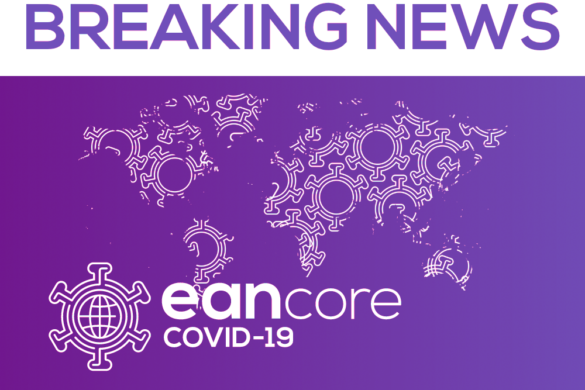Our summary of neurological news items from the European Medicines Agency (EMA) monthly Human Medicines Newsletter.
The November issue of the EMA newsletter highlights recent medicine approvals, safety updates, and guidance developments. It emphasises collaborations to improve medicine accessibility, including for rare diseases and innovative therapies, and addresses post-marketing safety measures. Key updates include scientific advances and the EMA’s role in managing health emergencies. Details can be found here.
The EMA facilitates the authorisation of medicines in the EU through a centralised process, allowing a single application for marketing across member states. This involves rigorous scientific assessment of quality, safety, and efficacy, resulting in a recommendation for authorisation by the European Commission. Collaboration with national agencies ensures comprehensive evaluation and post-authorisation monitoring, enhancing public health safety. Tailored programmes exist for specialised medicines, including those addressing rare diseases or urgent health needs. Transparency is a priority, with detailed information on approved medicines made publicly accessible. For further details, visit the EMA website.
Information on neurology-relevant medicines:
Leqembi (lecanemab-irmb) recommended for early Alzheimer’s disease treatment
Following re-examination, the EMA’s human medicines committee (CHMP) has recommended Leqembi for the treatment of early Alzheimer’s disease. Leqembi is a humanised immunoglobulin gamma 1 monoclonal antibody administered intravenously. It specifically targets aggregated soluble forms of Aβ, addressing the disease’s underlying pathology.
Read our EAN Statement on the EMA approval of lecanemab, here.
Wainzua (eplontersen) recommended for ATTRv polyneuropathy treatment
The EMA’s human medicines committee (CHMP) has recommended Wainzua for approval. Wainzua is a self-administered, subcutaneous anti-sense oligonucleotide designed to reduce transthyretin production. It is intended for adult patients with hereditary transthyretin-mediated amyloidosis (ATTRv) with stage 1 or stage 2 polyneuropathy.
Translarna (Ataluren) conditional marketing authorisation non-renewal for Duchenne muscular dystrophy
Following a re-examination of the available data, the EMA’s human medicines committee (CHMP) has upheld its previous recommendation not to renew the conditional marketing authorisation for Translarna, which was designed for the treatment of Duchenne muscular dystrophy caused by nonsense pathogenic variants (more info)












